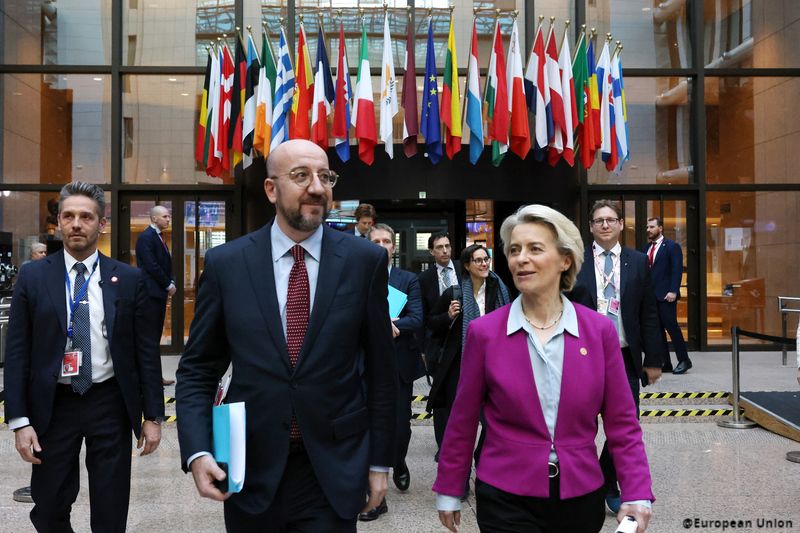
On 1 February, EU leaders convened in Brussels for a special European Council meeting to discuss the mid-term revision of the multiannual financial framework (MFF) 2021-2027. After months of deadlock over Hungary’s disagreement to increase solidarity with Ukraine, the twenty-seven heads of state agreed on a revised budget. In line with previous discussions and the preliminary deal on the table since December, the Council proposed to allocate an additional €64.6 billion to the EU budget, with the vast majority of the sum earmarked for the Ukraine Facility.
To reduce the financial burden on member states caused by this additional funding – €33 billion in loans and €17 billion in grants – the remaining €10.6 billion would need to be redeployed from existing funding, with money coming from various programmes, including Horizon Europe. The European Council suggested in this regard slashing the EU’s framework programme’s budget by €2.1 billion, despite numerous warnings against doing so from research stakeholders, as well as members of the European Parliament and EU research Commissioner Iliana Ivanova.
The only research priority which would be getting additional funds through the MFF revision is the European Defence Fund (EDF) under the Strategic Technologies for Europe Platform (STEP), with an additional €1.5 billion. In this respect, the Council’s position is in stark contrast with both the European Commission’s initial proposal for the platform, published in June 2023 and the European Parliament’s position adopted in October 2023.
Indeed, the Commission and the Parliament advocated for more “fresh” money going to research and innovation, and for STEP to reinforce several other existing instruments. The Commission proposed to allocate a total of €10 billion to InvestEU, Horizon Europe, the Innovation Fund, and the European Defence Fund, while the Parliament called for a €13 billion budget for STEP, which would additionally benefit the European Innovation Council.
Despite the discrepancy, the European Commission nonetheless welcomed the compromise reached by the Council. It will now be discussed at the interinstitutional level for the co-legislators to reach an agreement - a particularly challenging task given the contrasting priorities of the Parliament and the Council when it comes to public spending.
In another recent development concerning Horizon Europe, a Commission expert group report published on 2 February highlighted the challenges faced by the programme’s missions in achieving their objectives and mobilising public and private resources. As a result, some stakeholders have raised concerns about the effectiveness of the scheme and have suggested its reconsideration for inclusion in the next framework programme scheduled to begin in 2028.